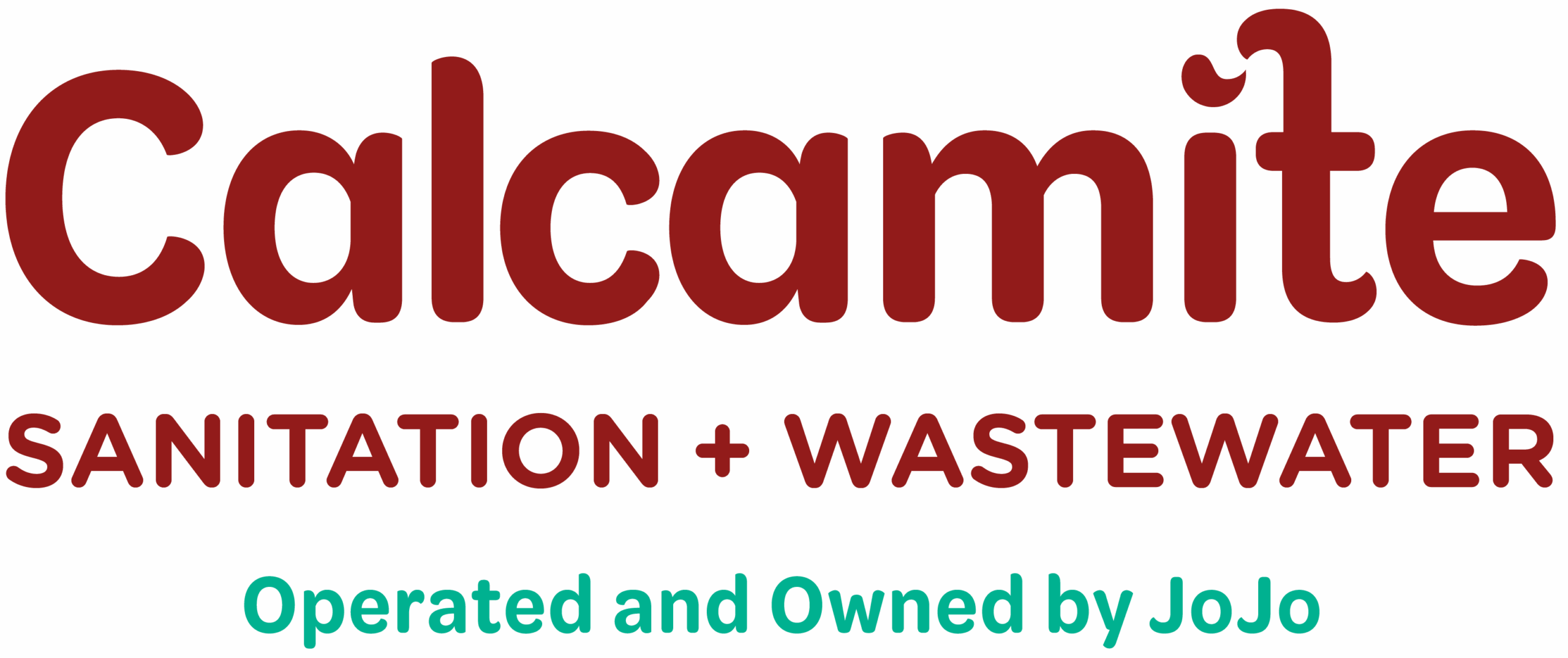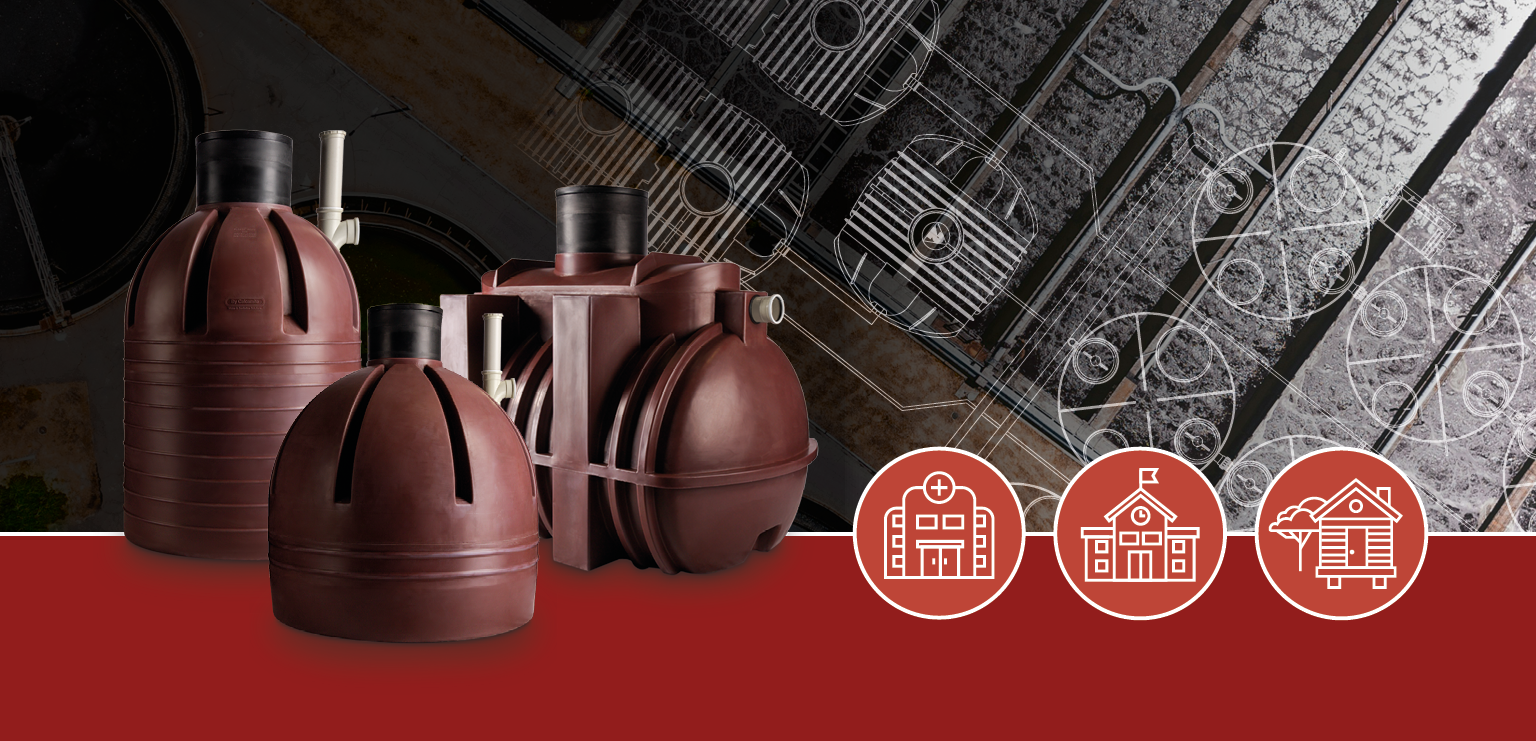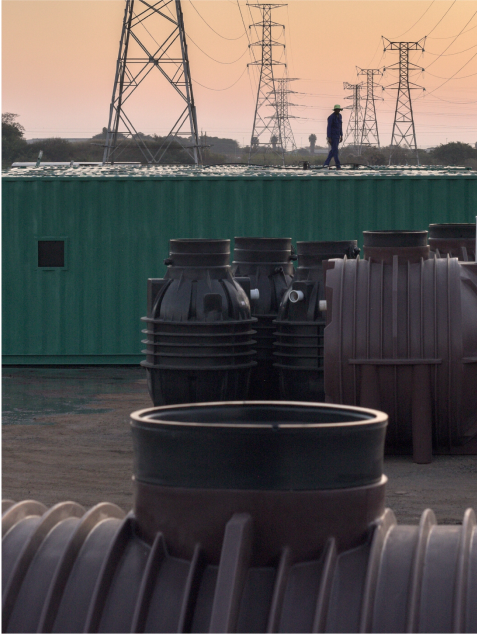Access to safe water and sanitation is a fundamental human right with profound impacts on health and economic development. In Botswana’s rural areas, the government has made significant strides towards improving water supply in recent years, launching an ambitious $10.8 billion Water Investment Programme.
That said, the challenge of rural sanitation vs. urban sanitation remains a pressing issue, with many communities across the country still lacking access to adequate facilities. This has far-reaching consequences for Botswana, hindering progress towards the United Nations’ Sustainable Development Goals (SDGs), particularly SDG 6, which aims to ensure access to clean water and sanitation for all.
The consequences of inadequate sanitation are severe – increased disease transmission, higher child mortality rates, and environmental degradation. Fortunately, innovative solutions to sanitation problems are emerging, offering hope for a healthier and more prosperous future for rural Botswana.
At Calcamite, a leading South African provider of sustainable sanitation solutions, we’re excited to expand our efforts to assist Botswana. With over 40 years of experience in the industry, we’ve honed our expertise in crafting locally manufactured septic tanks and wastewater treatment plants. Our solutions are already making a significant impact across the region, transforming rural sanitation and improving the quality of life for countless individuals. Septic tanks are integral to proper waste management, especially in areas without access to centralised sewer systems. But why do septic tank problems occur? Often, it’s due to a lack of regular maintenance or incorrect usage. Recognising the warning signs of septic tank problems early can save you time and money, and it helps protect our environment.
Challenges to Water and Sanitation in Rural Areas of Botswana
Despite progress and government initiatives, sanitation in rural Botswana faces significant hurdles. As of 2022, only 52.42% of the rural population had access to basic sanitation services, a stark contrast to the higher coverage rates in urban areas, showcasing the disparity between rural sanitation vs urban sanitation in the country.
This means over 10% of people in Botswana rural areas still resort to open defecation, a practice with serious health and environmental consequences. The reasons behind this issue are complex. Poverty plays a significant role, as many households lack the financial resources to construct and maintain proper sanitation facilities. The remoteness of some communities also makes it challenging to extend infrastructure and services to all Botswana rural areas.
Cultural factors also come into play. In certain communities, traditional practices and beliefs may discourage the use of modern sanitation facilities, leading to a preference for open defecation. This highlights the need for culturally sensitive approaches that address not only the lack of infrastructure, but also the underlying social factors.
Waste management exacerbates the sanitation crisis as well. Many rural areas lack adequate systems for waste collection and treatment, resulting in environmental pollution and potential health hazards. Addressing these challenges requires a multi-faceted solution to sanitation problems that combines infrastructure development, community engagement, education, and policy interventions.
Consequences of Inadequate Sanitation
The lack of adequate sanitation in rural Botswana has severe repercussions. The most immediate and devastating impact is on public health. Open defecation and inadequate waste management creates a breeding ground for harmful pathogens, leading to the spread of waterborne diseases such as cholera, typhoid, and diarrhoea. These preventable illnesses disproportionately affect children, contributing to high child mortality rates and stunting their development.
The environmental consequences are alarming too. The contamination of water sources, particularly groundwater (which is a vital resource in Botswana’s arid climate) poses a serious threat to both human health and ecosystems. Degradation of soil quality due to poor waste management practices also jeopardises agricultural productivity, exacerbating poverty and food insecurity in these communities.
Beyond the immediate health and environmental concerns, poor sanitation also has broader socio-economic implications. It can hinder education, as children miss school due to illness or the need to fetch water from distant sources.
It can limit economic opportunities, as communities grapple with the financial burden of healthcare costs and lost productivity. Improved sanitation solutions in rural Botswana aren’t just a matter of fulfilling basic human rights – they’re critical towards building a more equitable and prosperous society.
How Calcamite Can Help with Sanitation Challenges In Botswana
At Calcamite, we understand the challenges and complexities of sanitation in rural Botswana. Our team has been working in Southern Africa for over 40 years, and we’ve seen firsthand the transformative power that safe and reliable sanitation can have on communities. That’s why we’ve dedicated ourselves to developing innovative solutions that address the unique needs of rural areas.
Our SABS-certified septic tanks are designed with a dual-chamber system, which provides cleaner effluent and better soakaway performance, minimising the risk of groundwater contamination. This is particularly crucial in Botswana’s water-scarce environment.
Our septic tanks are adaptable to various soil types, easy to maintain, and affordable, making them a practical and accessible option for individual households and small communities in rural Botswana. We also offer infiltration chambers, an environmentally friendly and cost-effective way to enhance the treatment process and further safeguard the surrounding environment.
For larger communities, schools, clinics, and lodges, our wastewater treatment plants provide a comprehensive and sustainable solution. These modular systems can be tailored to fit any need and budget, with options for above-ground, underground, or containerised configurations.
By treating wastewater to standards compliant with the National Water Act, our plants enable the safe reuse of water for irrigation or other non-potable purposes, promoting resource conservation and environmental sustainability. We believe that sustainable sanitation is essential for the long-term health and prosperity of Botswana’s rural communities.
Why Choose Calcamite?
- Local Expertise: Our experience in Southern Africa gives us an intimate understanding of the unique challenges and opportunities in the region.
- Quality and Sustainability: Our SABS certification is a testament to our commitment to quality. We build our solutions to last, ensuring long-term benefits for our customers.
- Comprehensive Service: We provide comprehensive support, from initial design and installation to ongoing maintenance, ensuring our solutions work seamlessly and reliably.
- Customisable Solutions: We recognise that every community and project is different. We work closely with our clients to create tailored solutions that meet their specific needs and budget.
In Closing
The sanitation crisis in rural Botswana is a complex issue with far-reaching consequences. At Calcamite, we know it’s not an insurmountable one. We understand that improving sanitation is about more than just installing infrastructure. It’s about empowering communities, protecting the environment, and creating a brighter future for generations to come.
Our septic tanks and wastewater treatment plants are designed to address the unique challenges of rural Botswana, providing practical, affordable, and long-lasting solutions that make a real difference. If you’re ready to take the first step towards a healthier and more sustainable future for your community, contact us today for a free project assessment and consultation.



